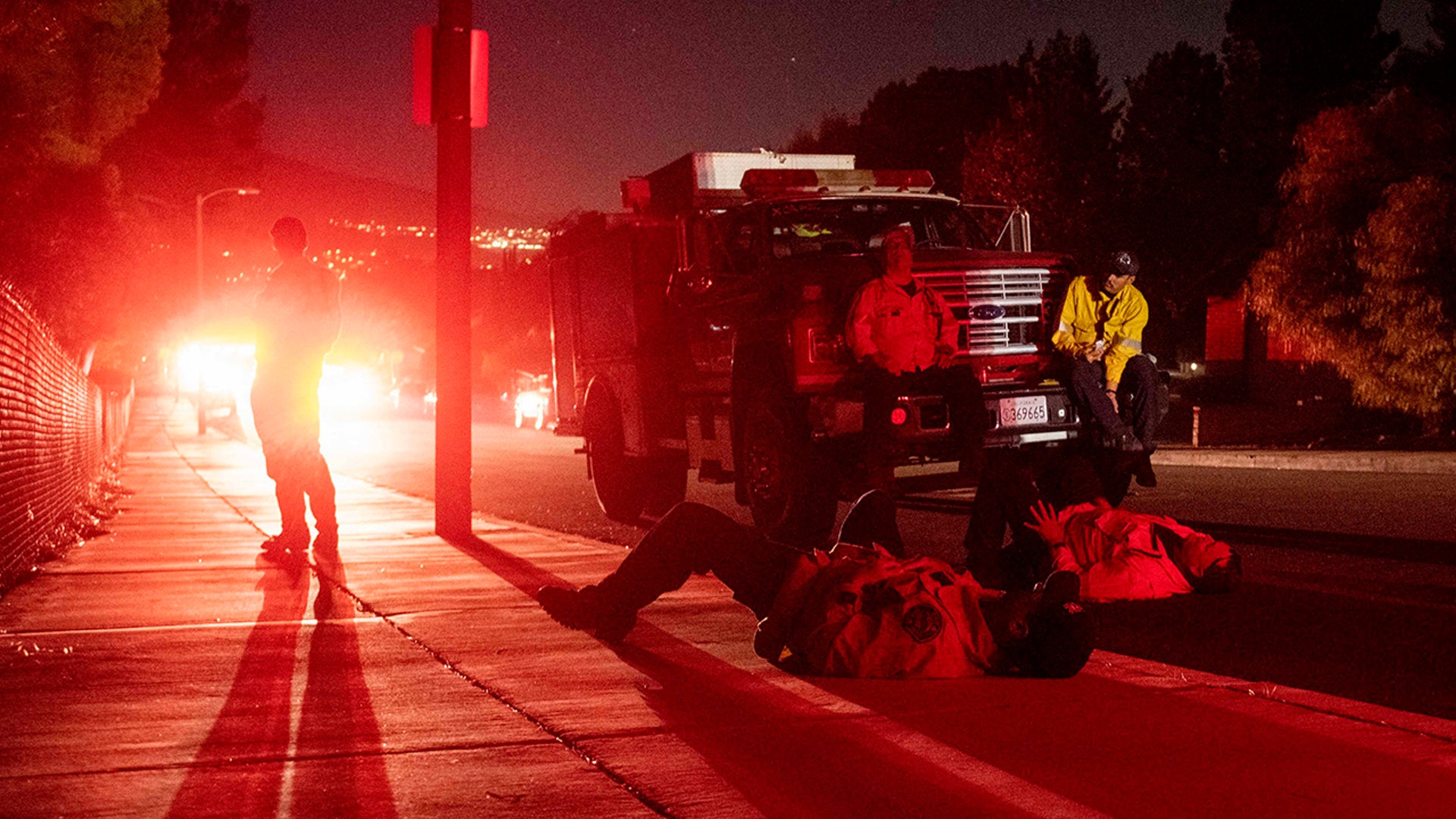Pacific Palisades Wildfire Forces Evacuations Amid Rising Flames In Los Angeles
A fast-moving wildfire erupted in Pacific Palisades, Los Angeles, on Tuesday, forcing thousands of residents to evacuate as flames spread rapidly, fueled by strong winds and dry vegetation.
Evacuations and Emergency Response
The fire, dubbed the "Getty Fire," began in the early hours of Tuesday morning and quickly escalated, prompting mandatory evacuations for more than 10,000 homes in the Pacific Palisades and Brentwood areas. Authorities have set up evacuation centers at local schools and recreation facilities, where displaced residents are receiving assistance from emergency responders.
Firefighters from multiple agencies are battling the blaze with air and ground resources, but strong winds and rugged terrain are hampering efforts. The fire has already burned over 600 acres and has the potential to grow further, threatening additional neighborhoods.
Causes and Concerns
The exact cause of the fire is still under investigation, but initial reports suggest that it may have started from downed power lines. The area has been experiencing extreme heat and windy conditions, creating a high fire risk.
Residents and environmentalists have expressed concerns about the increasing frequency and intensity of wildfires in California, which they attribute to climate change and inadequate forest management. Experts warn that the combination of drought, high temperatures, and vegetation buildup is making the state more vulnerable to devastating fires.
Perspectives and Analysis
The Getty Fire has sparked discussions about various aspects of wildfire management and preparedness.
Firefighting Strategies
Some experts argue that traditional firefighting tactics, which focus on extinguishing fires quickly, may not be effective in the face of large-scale, wind-driven fires. They advocate for more proactive strategies, such as prescribed burns and fuel reduction, to reduce the severity of future blazes.
Evacuation Planning
The rapid spread of the Getty Fire has highlighted the importance of efficient evacuation planning. Residents need to be well-informed about evacuation routes and procedures to ensure their safety in emergency situations. Local authorities should prioritize community outreach and education to prepare neighborhoods for wildfires.
Climate Change Impacts
The Getty Fire is a stark reminder of the devastating consequences of climate change. Rising temperatures and altered precipitation patterns are amplifying fire risk in many parts of the world. Governments and policymakers need to take urgent action to mitigate climate change and invest in adaptation measures to protect communities from wildfires.
Conclusion
The Getty Fire is a tragic example of the escalating wildfire crisis in California and beyond. It underscores the need for a comprehensive approach to wildfire management, including improved firefighting strategies, proactive prevention measures, and effective evacuation planning.
Climate change poses a significant challenge to our ability to mitigate and respond to wildfires. It is imperative that we prioritize actions to reduce greenhouse gas emissions and invest in adaptation strategies to protect lives, property, and ecosystems from the devastating effects of extreme fires.
Read also:
Jurupa Valley Homes Threatened As Brush Fire Rages Through Nearby Riverbed
Blockchain & Crypto 101: Guide For Beginners

